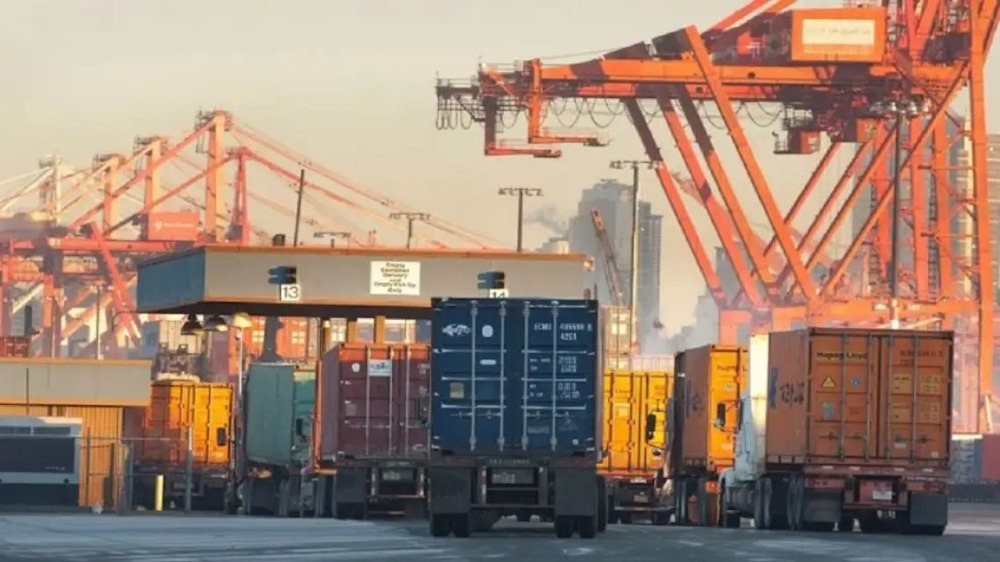In June, Argentina’s economy experienced a contraction for the fourth consecutive month this year, occurring just prior to a significant increase in interest rates in July. This development represents a minor setback for President Javier Milei as the nation approaches midterm elections in October. Economic activity declined by 0.7 percent from May, falling short of economists’ projections for a 0.2 percent decrease. According to government statistics published Wednesday, the economy has expanded by 6.4 percent compared to a year ago, surpassing expectations.
The decline in June activity corresponds with a recent downturn in consumer spending, as inflation-adjusted wages entered negative territory earlier this year. Despite the robust performance of Argentina’s agricultural sector in bolstering exports and the significant expansion in its oil fields, the consumer outlook appears precarious, particularly following the rise in unemployment during the first quarter, which has reached its highest level in almost four years. “The decline in Argentine activity observed in June suggests a potential contraction in GDP for the second quarter, potentially interrupting the recovery that commenced in mid-2024.” The forecast does not appear to be significantly more favorable. In July, market-based rates experienced a significant increase following adjustments to the monetary policy framework, and they remain elevated in August. “That risks an economic downturn, rather than a stall, and may jeopardise the analyst consensus of five percent growth this year,” said Adriana Dupita, Bloomberg’s Brazil and Argentina economist.
In July, interest rates increased significantly as the government reduced its holdings of central bank notes, leading to a 12 percent decline in the peso. This development is anticipated by many analysts to further suppress economic activity. This week, the TAMAR, which regulates private deposits, reached an unprecedented annual rate of 56 percent, marking a historic peak since its inception, while 12-month inflation expectations remain below 30 percent. In early September, voters in Argentina will participate in elections for the Buenos Aires Province legislature, followed by a subsequent renewal of Argentina’s Congress in late October. The upcoming elections are anticipated to serve as a referendum on the policies and performance of Milei’s administration. The Central Bank’s July monthly survey indicates that growth for the year is projected at five percent.

